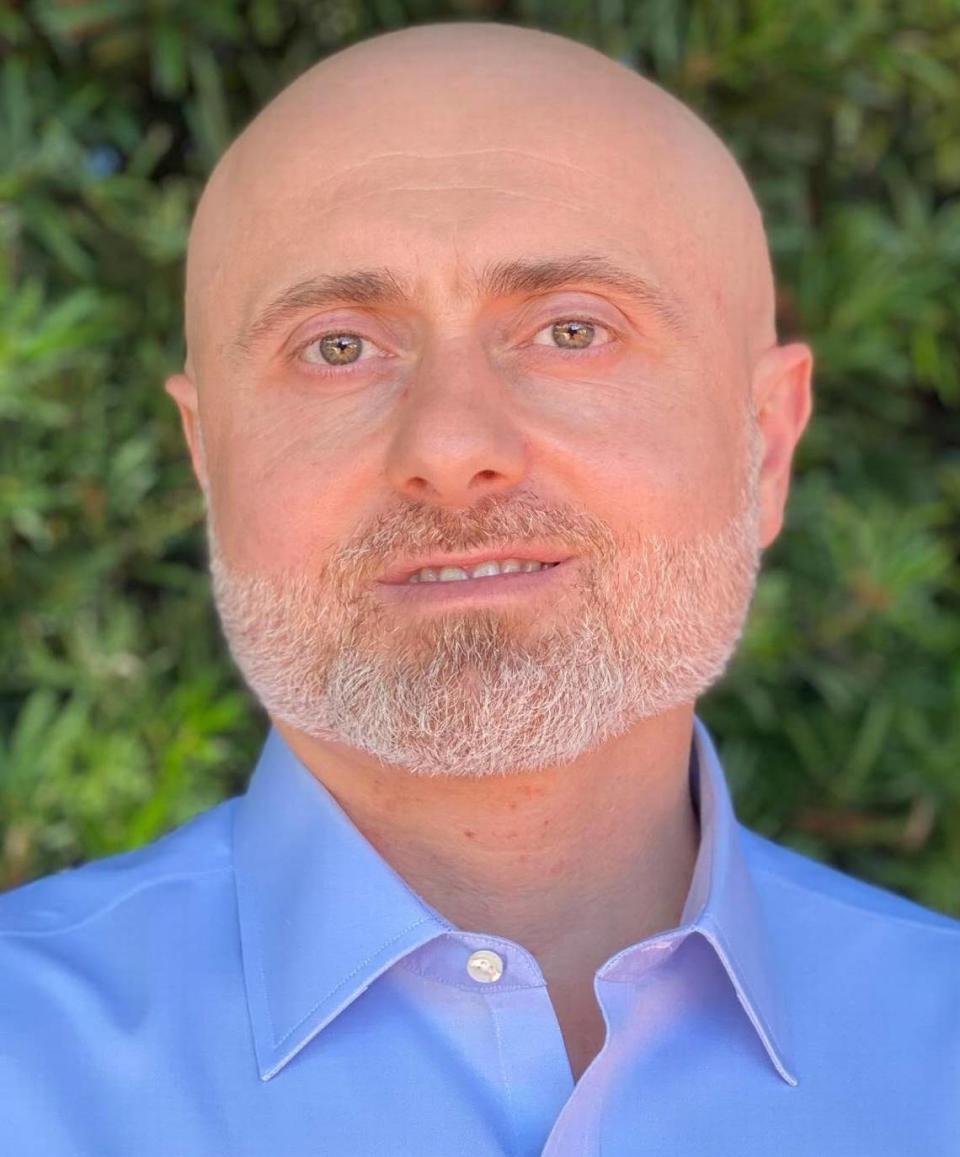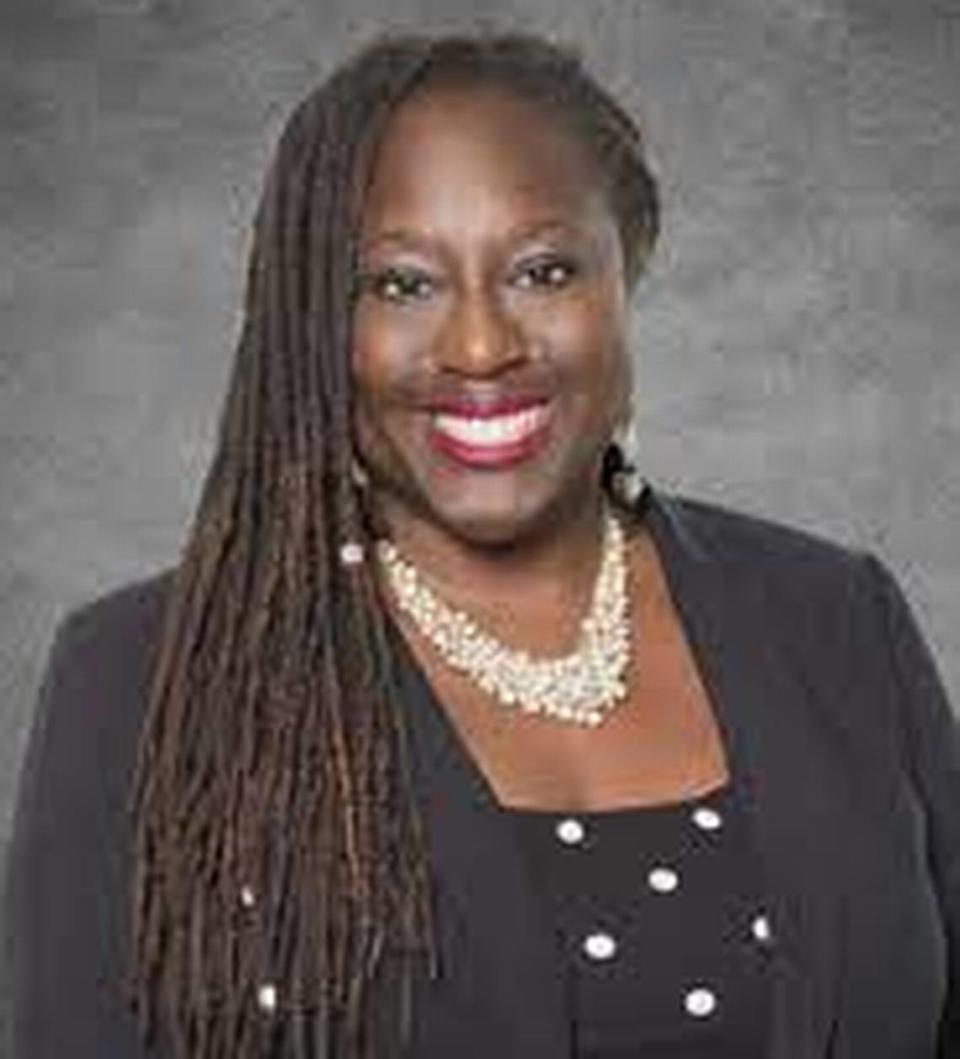When DeSantis removed Orlando prosecutor, he ignored the data and democracy | Opinion
- Oops!Something went wrong.Please try again later.
This week, Gov. DeSantis removed State Attorney Monique Worrell from her elected prosecutor position over the 9th Judicial Circuit (Orlando/Osceola, Florida). In his executive order, he cites several reasons for Worrell’s removal, including declining to use mandatory minimum sentences, low filing rates, underutilization of incarceration, lengthy case processing times and the “abuse of prosecutorial discretion”.
It is the second time in less than 14 months that the governor has removed a duly elected prosecutor — the first being State Attorney Andrew Warren of the 13th Judicial Circuit (Hillsborough County, Florida).
Worrell’s policies clearly do not align with DeSantis’ aims, but her policies since taking office have remained consistent with the mandate she received from voters and with decades of research on what does and does not work in criminal justice.
To start, we know that mandatory sentences have contributed to the United States being the most incarcerative country in the world, and they have not made the nation any safer. There is a reason why more states are moving away from mandatory minimum sentences.
Based on data from the Prosecutorial Performance Indicators project, out of the more than 11,000 felony cases referred to and filed by Worrell’s office in 2022, 91% were disposed of as felonies (i.e., only 8% were reduced to misdemeanors). This means that the office is making good filing decisions up front to avoid the waste of limited prosecutorial resources. It is true that the office declined to file approximately half of felonies in 2021. However, by doing so, prosecutors were able to focus on serious violence, which is reflected in falling crime rates across Orlando.
Data from the FDLE shows that in 2021, during Worrell’s first year in office, index crimes decreased by 9.3% in Orange County and 10.8% in Osceola. Since then, according to the Orlando Police Department’s 2022 annual report, violent crimes and shootings have both decreased by 9% and 21% respectively.
The governor also criticizes Worrell for instructing line prosecutors to use their discretion to avoid incarceration. Yet, between 2021 and the end of 2022, Worrell’s office secured 4,804 custodial sentences, including 1,872 prison sentences.
The Supreme Court has made it clear that prosecutorial discretion is an essential element of the criminal-justice system — most recently in their June ruling in the case of United States v. Texas affirming the Biden administration’s prosecutorial discretion in immigration cases.
There are several troubling aspects to the governor’s actions. First, it disenfranchises the voters of Orlando and Osceola County. Worrell was duly elected, having defeated the person now appointed to replace her, in 2020.
Elected officials serve at the will of the voters; if the voters are concerned about her performance, they can vote her out of office. Second, it sends a chilling message to the voters, telling them that their voice and vote do not matter. Third, the governor’s actions will intimidate elected prosecutors, forcing them into the debunked theory that lengthy sentences, rather than restorative programs, are the only way to assure community safety.
Playing politics with public safety sets a dangerous precedent. Democracy thrives with different points of view and with the ability for residents to dictate what justice should look like in their communities.
Dr. Rebecca Dunlea, Dr. Besiki Kutateladze, Melba V. Pearson, Esq. and Dr. Don Stemen are co-managers of the Prosecutorial Performance Indicators project housed at Florida International University.





